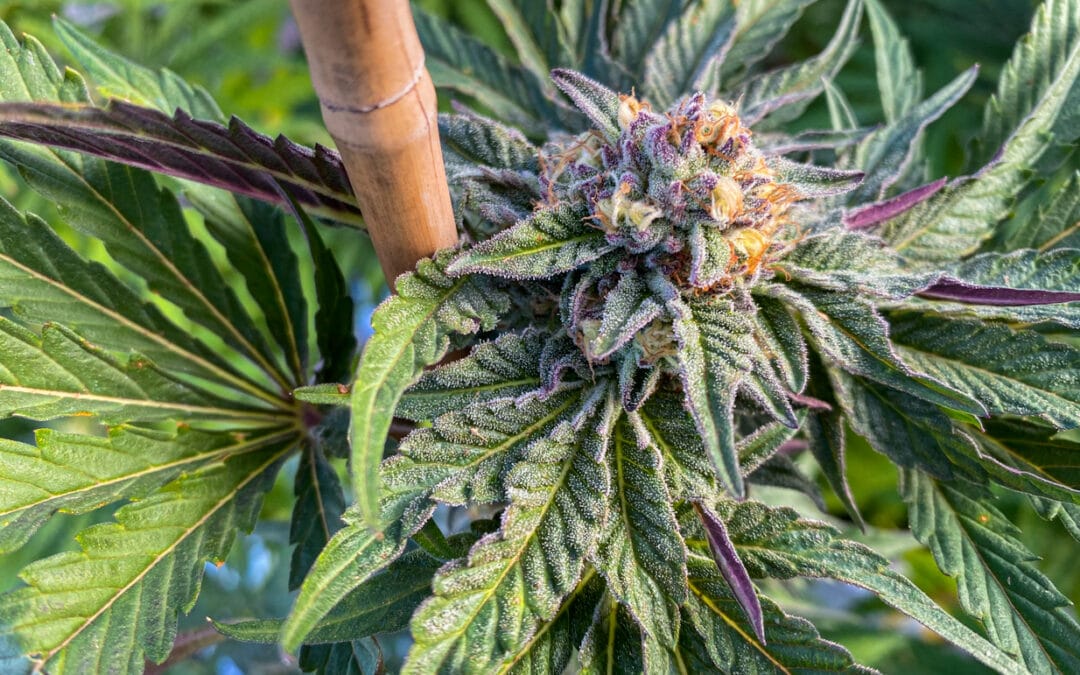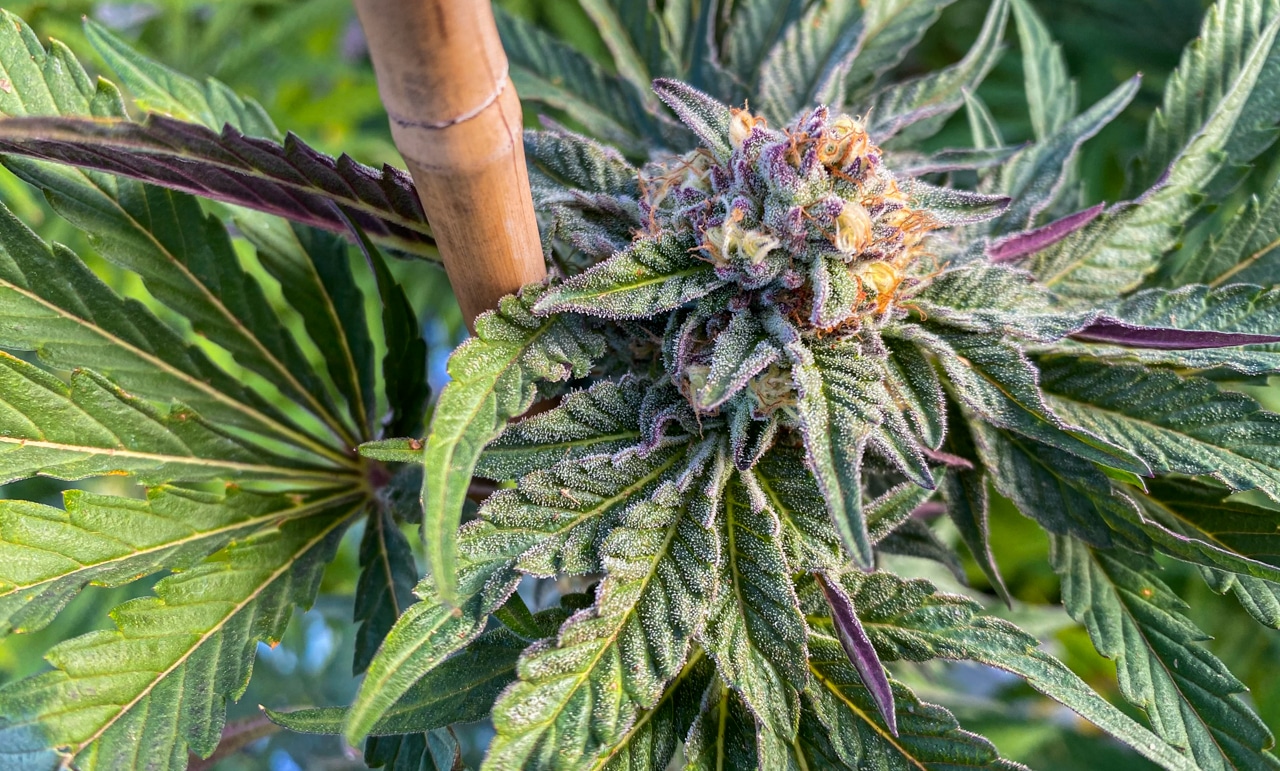Licensing
Cannabis licensing is typically the first step any would-be business owner takes. Each state varies in how they handle licensing, from application fees and financial requirements to how many total licenses are given out.
Pricing alone is large barrier to entry for many, with some states like California charging higher and higher license fees the larger a business’ revenue. Others may just charge a flat fee for all licenses, but the fee is also high, and recurs annually.
Common licenses include manufacturing, retail, dispensary, and cultivation. Cannabis businesses need to know what’s required in their state and when to get their licenses and permits renewed. Having an expired or illegitimate license or permit can result in hefty fines and a risk of closure.
It isn’t just the business that has to be licensed either in many states. Employees are typically also required to have specific licensing to work in a cannabis business.
Cultivation
From plant limits to seed to sale tracking, every state can implement different cannabis compliance requirements for cultivation facilities and farms. This can include mandatory reporting of water usage and run-off, pesticide restrictions, limited employees permitted in the grow, and tracking such as METRC.
Justin Jones from Greener Consulting Group opened the first recreational cannabis dispensary in Denver, Colorado. He was also one of the first growers in the country to implement METRC tracking in his grow.
In the past, growers just grew. Today’s growers need real management skills in the highly regulated legal markets and just as much time is spent meeting compliance requirements as is spent growing the plants themselves. It is a complete turn around from the past. Programs like METRC that were resisted at first, have now become tools for improving your business and collecting data on production, potency, testing and more.
Justin Jones
There is no worse feeling for a grower than going through an entire season and having it thrown out or being fined an exorbitant amount for failing to adhere to cultivation compliance requirements.
Cannabis Testing
Testing requirements for cannabis cultivators and processors has been a hot button issue in the legal cannabis industry. Due to lack to federal regulation there is no federal guidance or requirements for cannabis products, again leaving the decision to the states.
While every state will have testing requirements in order to prove the potency and safety of cannabis products, the requirements can vary and the labs that do the testing can vary as well. One lab might only test for cannabinoids, while another may test for terpenes and heavy metals as well.
The majority of the time, these labs are not state-run either, which can lead to some shady business transactions between labs trying to make some money and a grower who wants their harvest to pass. Real Dirt host and Greener Consulting Group founder Chip Baker has plenty of experience dealing with cannabis testing in a variety of states.
He knows first hand how difficult it can be to find an affordable and reliable testing facility for a wide range of cannabis products.
Keeping up with the different testing regulations throughout the US is pretty much an impossible task. Every state is similar but different. Every lab is similar but different. Every state has different microbial and pesticide determinations. Some are lax and others are bordering on impossible to follow. You really have to be careful about the products you use on a plant. One day it could be legal and the next day not, literally. There needs to be a standardization of COAs (certificate of authenticity).
Chip Baker
















